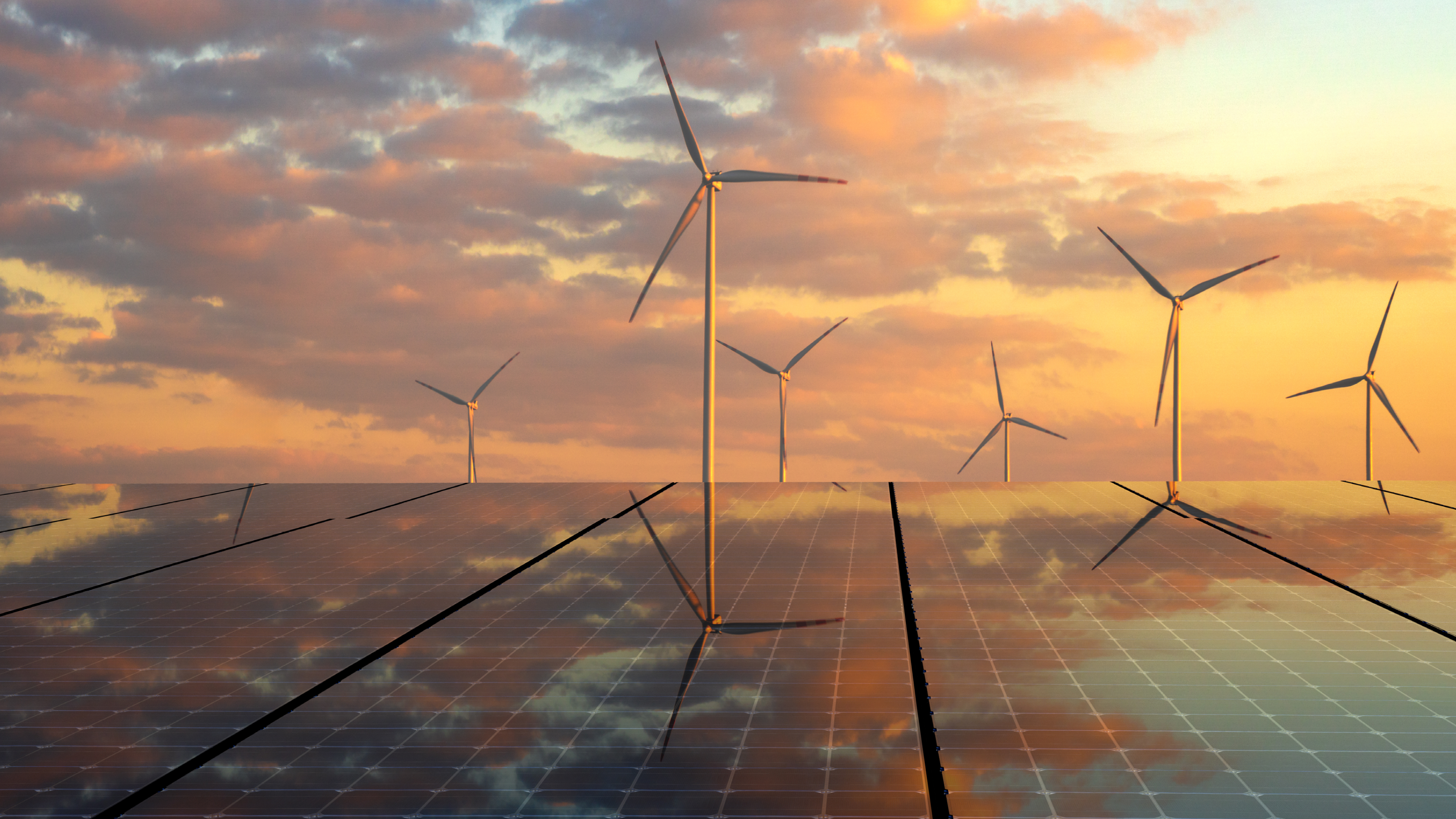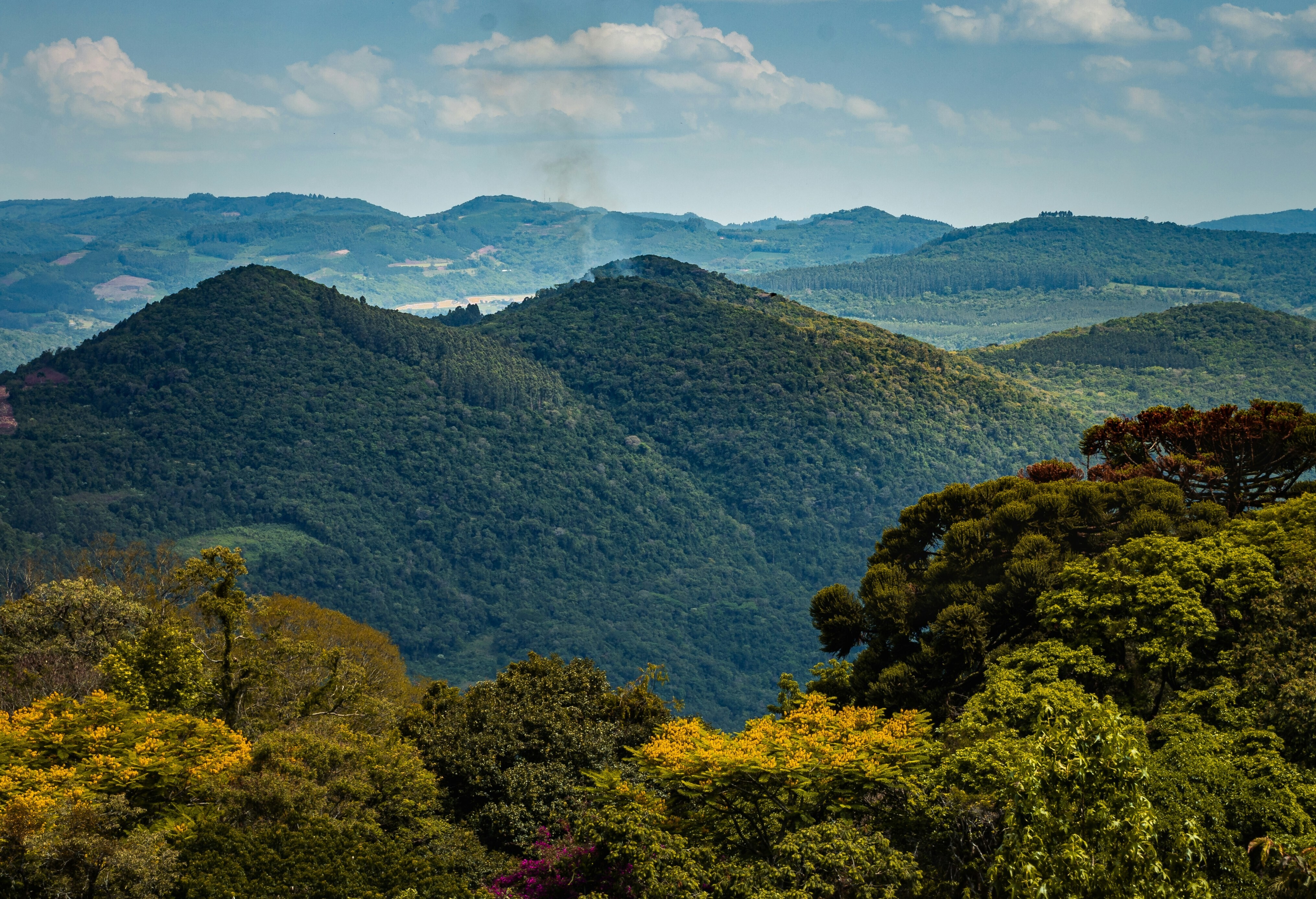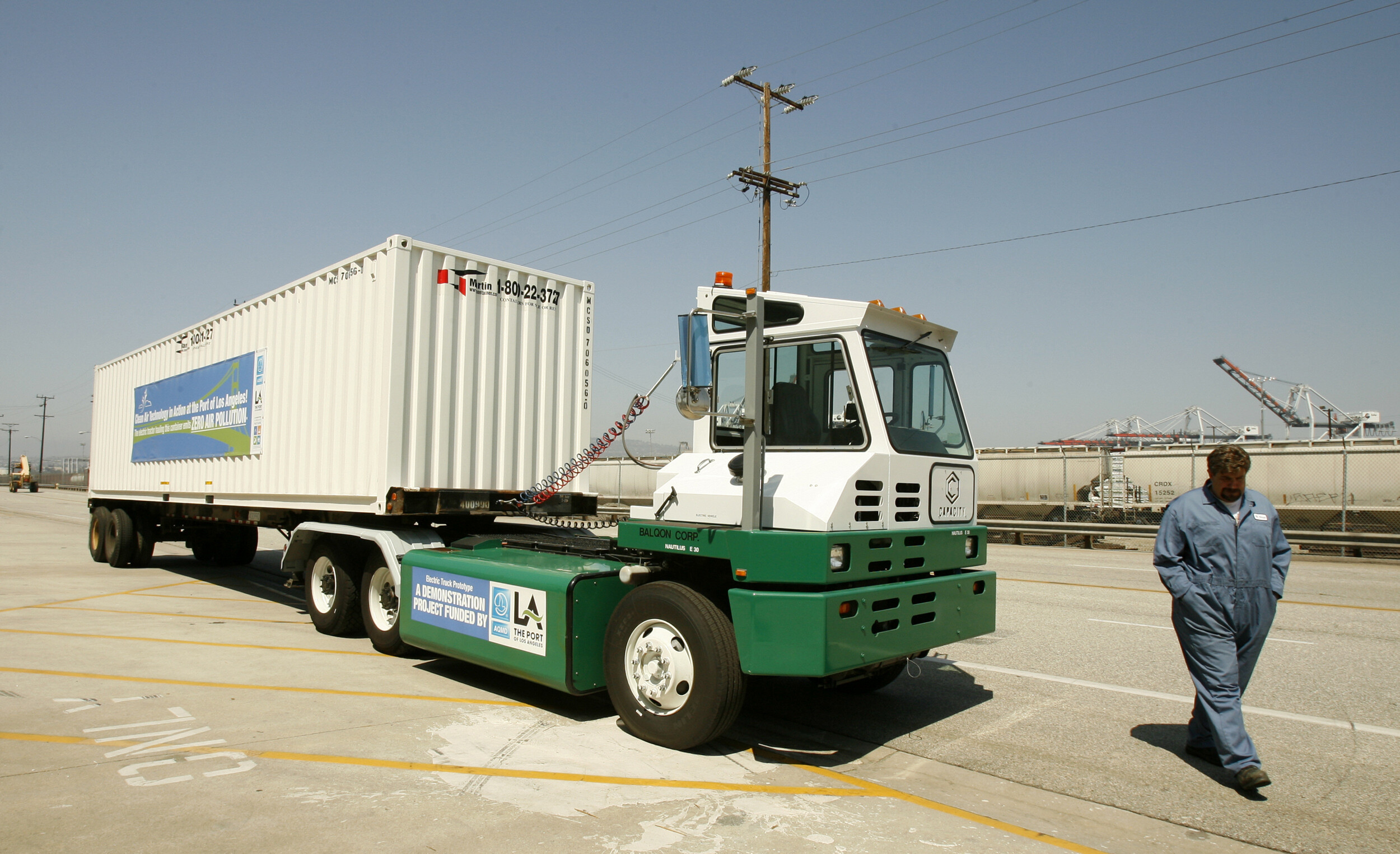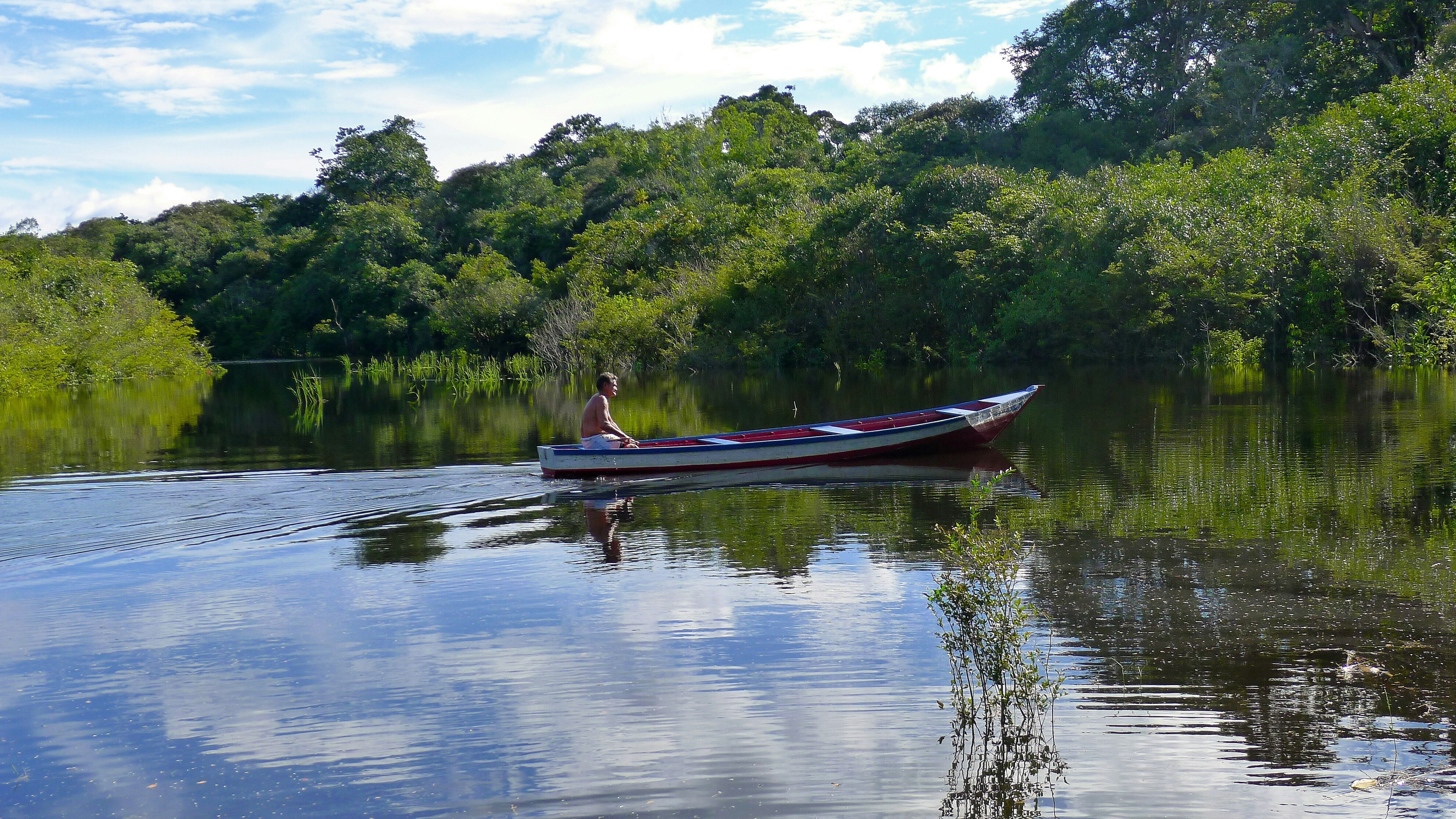Is there ever a right time for climate action?

Simon Upton, Environment Director at the OECD, looks at the challenges of implementing low-carbon policies. Image: REUTERS/Yannis Behrakis
During most of the roughly three decades since climate change became a global concern, governments optimistically assumed that a green transition would happen naturally over time, as rising fossil-fuel prices nudged consumers toward low-carbon alternatives. The impediment, it was believed, was on the production side, as gushing returns on oilfield investments spurred ever more ambitious exploration.

Today, the tables have turned. With oil prices languishing around $40 a barrel, fossil-fuel companies do not need governments to tell them to stop investing. The challenge has moved to the consumer side of the equation. With fuel prices so low, what can be done to change consumption patterns?
To be sure, there are some signs that cheaper energy could generate enough growth to drive oil prices back up. But nobody predicts a rebound strong enough to prompt the radical transformation that will be required if countries are to meet their emissions-reduction goals.
A 2015 OECD report shows how far behind countries are on their emissions targets – never mind their commitment to limit the global temperature rise to well below 2° Celsius. Meanwhile, oil majors are keen to remind us that we will need to burn fossil fuels for many more years as we gradually shift to a new energy economy.
So what are governments to do? There is near-universal agreement that no one will benefit from a dangerously warmer planet. But different countries have very different interests, depending on whether they are oil exporters or importers and how developed their economies are.
Oil-producing developing countries should consider whether their resources have an economic future, given diminishing scope for emissions. Countries like Saudi Arabia, Iraq, and Iran – where oil is plentiful and cheap to extract – are likely to stay in business for some time. Even if the world rapidly decarbonizes, oil consumption will remain high enough for their resources to be worth extracting.
But countries with less generous oil endowments need to implement economic reforms and eliminate subsidies. Saudi Arabia has made clear that it is no longer prepared to sacrifice market share to prop up more costly producers. Its decision to maintain output at current levels – effectively neutering the OPEC cartel – has already had a dampening effect on competing supplies; nearly $400 billion of fossil-fuel investments have been shelved.
Many governments have been forced to act. Russia announced a 10% cut in public spending as oil prices continued to slide this year. And Indonesia should save almost $14 billion by scrapping gasoline subsidies and capping support for diesel fuel.
On the other side of the spectrum, oil-importing developed countries are most likely efficient users of fossil fuels already. Their economies, having proved they can cope with oil at $100 a barrel or more, clearly do not need an infusion of cheap energy to thrive. It is therefore a good time to introduce carbon taxes, so that the oil windfall is not simply gobbled up at the gas station. These countries should shelve any delusions of finding “black gold,” enjoy the short-run benefits of cheap oil, and take action now to align infrastructure investments to changing technology.
Meanwhile, oil-producing developed countries should bank the remaining rents to enable capital substitution and ensure life after oil. This is what Norway has done, to significant national advantage, over the past 25 years.
Finally, it is governments of oil-importing developing countries that are likely to have the most urgent need for energy – and also the widest array of possibilities to meet that need. They will be looking to the global community for support and will need to take a hard look at whether the energy solutions on offer are modern or sustainable. The burden of proof must be on fossil-fuel-based solutions – particularly coal – to demonstrate their competitiveness after accounting for the full environmental, health, and social costs.
It can sometimes seem like there is never a right time to take climate action. When growth is strong, people urge governments not to derail the gravy train. (Never mind that there is little evidence to suggest that a well-signaled, progressive implementation of a carbon tax would weigh on growth.) When growth is weak, people ask incredulously how climate policy advocates could consider making things worse.
There is never likely to be a perfect moment for introducing new climate policies. Long-run problems require policies that send long-run signals. And these policies cannot be constantly fine-tuned to the volatility of the moment. Attempting to do so only fuels further volatility (which is what really hurts growth). Now is always as good a time as any to take action.
And we should do so under no illusion that the transformative outcome we need will be a smooth, incremental process. Technological changes whip up gales of creative destruction. There will be – must be – many losers. But there will also be winners, as new technologies create new business opportunities. Governments that try to protect thestatus quo will not only fail on climate change; they will ultimately impose higher social costs, even as they fail to capitalize on the economic opportunities created by reform.
Climate-change policies must be steady and consistent. Action must lubricate change, not repeatedly stop it in its tracks. Once investors see that the fossil-fuel game is over, governments must let the effects of the resulting capital reallocation play out. It will be bumpy. But there is no other choice. Trying to fine-tune an economic and technical adjustment path would be as futile as trying to control the price of crude oil.
Don't miss any update on this topic
Create a free account and access your personalized content collection with our latest publications and analyses.
License and Republishing
World Economic Forum articles may be republished in accordance with the Creative Commons Attribution-NonCommercial-NoDerivatives 4.0 International Public License, and in accordance with our Terms of Use.
The views expressed in this article are those of the author alone and not the World Economic Forum.
Stay up to date:
Sustainability Reporting
Related topics:
Forum Stories newsletter
Bringing you weekly curated insights and analysis on the global issues that matter.







